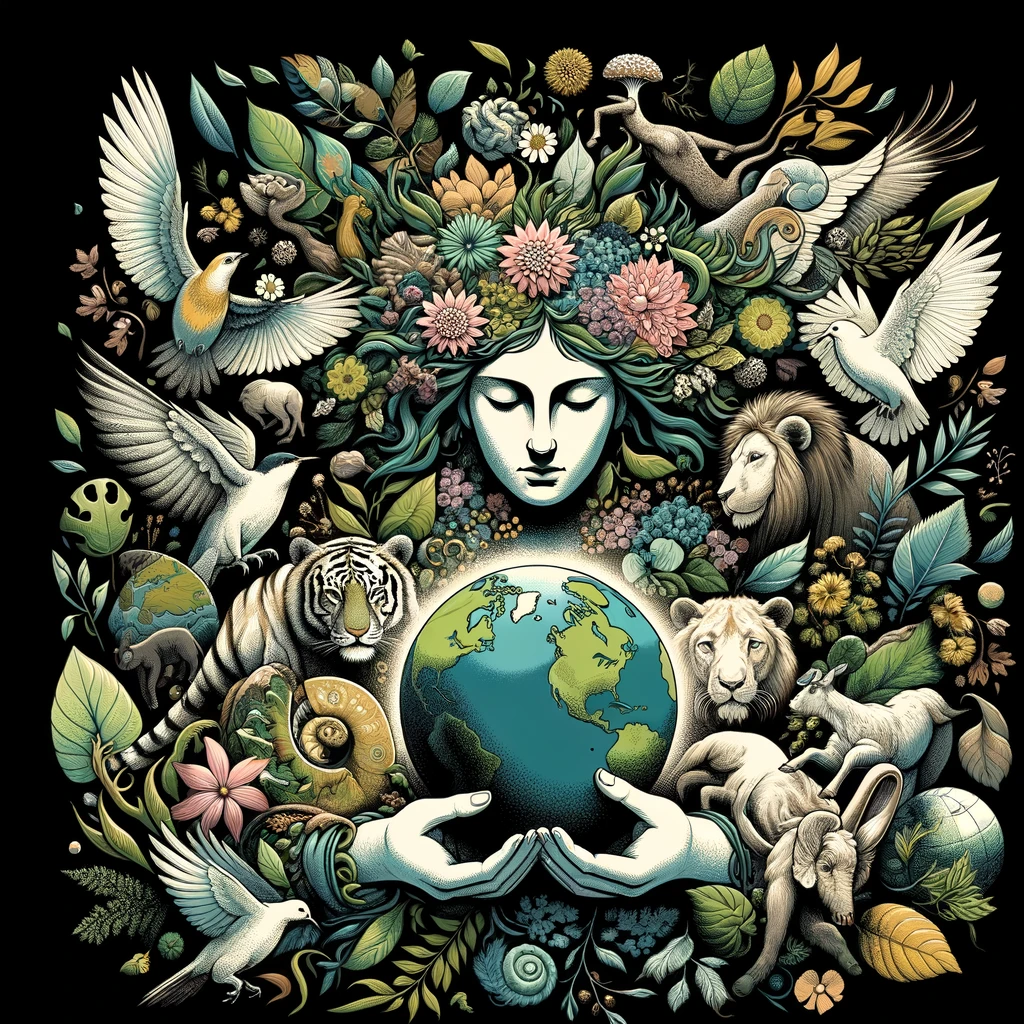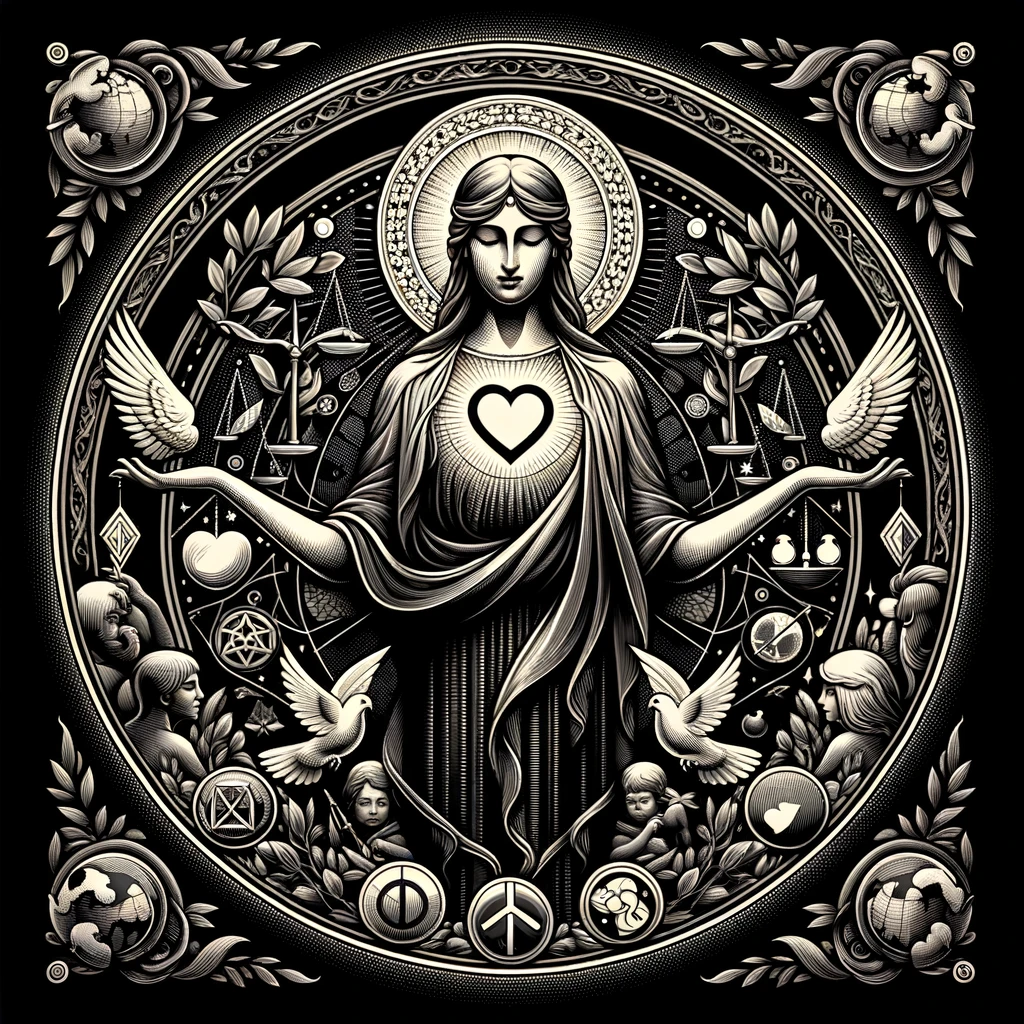Choose one or more among the topics just mentioned (e.g. Health & Hygiene, Food & Poison, Parasites & Symbionts, Predators & Preys, Courtship & Mating, Care for the little ones or Death) and thematize them in Your group in terms of cases/examples of:
stupid behaviour
clever behaviour have fun !



